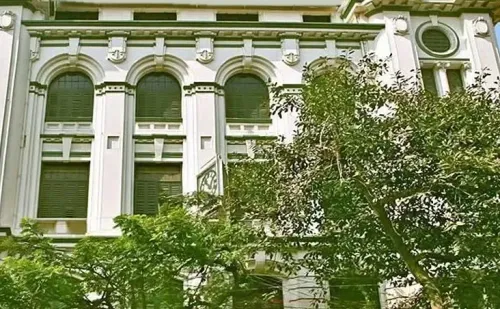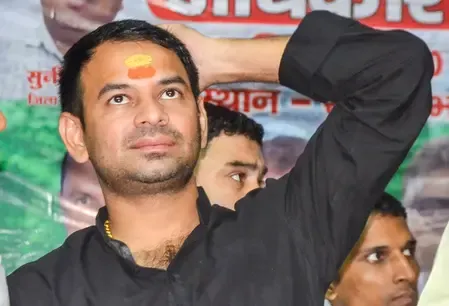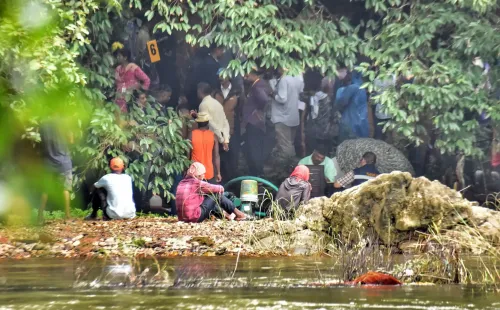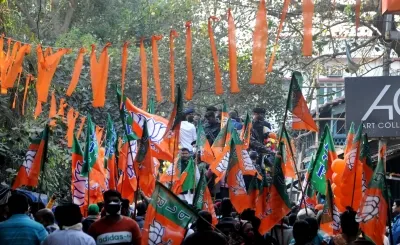What Actions is NHRC Taking After Poisonous Gas Leak Deaths?
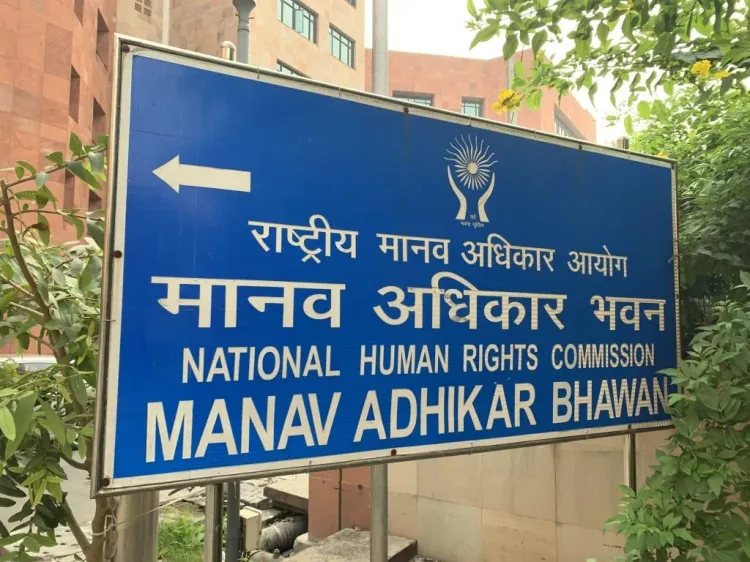
Synopsis
Key Takeaways
- Two workers died from a toxic gas leak in Anakapalli.
- The NHRC is seeking a report from the Andhra Pradesh government.
- The injured worker is receiving treatment.
- The incident raises serious human rights concerns.
- The NHRC acts on its own to address human rights violations.
New Delhi, June 24 (NationPress) The National Human Rights Commission (NHRC) has initiated suo motu cognizance concerning the tragic deaths of two workers and the injury of another following exposure to toxic gas at an effluent waste treatment facility in Anakapalli, Andhra Pradesh. The leading human rights organization has issued a formal notice to the Chief Secretary of Andhra Pradesh and the Anakapalli Superintendent of Police, demanding a comprehensive report on the incident within a two-week timeframe.
According to a press statement from the NHRC, the report should detail the health status of the injured worker, who is reportedly receiving medical care at a hospital, as well as any compensation provided to him and the family of the deceased.
The NHRC, noting a news report about the fatal gas leak incident, indicated that if the information in the press report is accurate, it presents a significant violation of the human rights of the victims.
On June 11, during a night shift at a pharmaceutical company’s effluent waste treatment plant in Anakapalli, two employees tragically lost their lives and another was hospitalized after inhaling a hazardous gas, suspected to have emerged during the waste treatment process.
Reports suggest that the workers collapsed after inhaling the toxic fumes.
Formed under the Protection of Human Rights Act, 1993, the NHRC serves as an autonomous statutory body reflecting India’s commitment to human rights advocacy. Its primary mission is to safeguard and promote human rights, defined as rights related to life, liberty, equality, and dignity as guaranteed by the Constitution or represented in international covenants enforceable in Indian courts.
The NHRC holds the authority to take suo motu actions based on media reports, public awareness, or other sources, without requiring a formal complaint regarding human rights violations.

